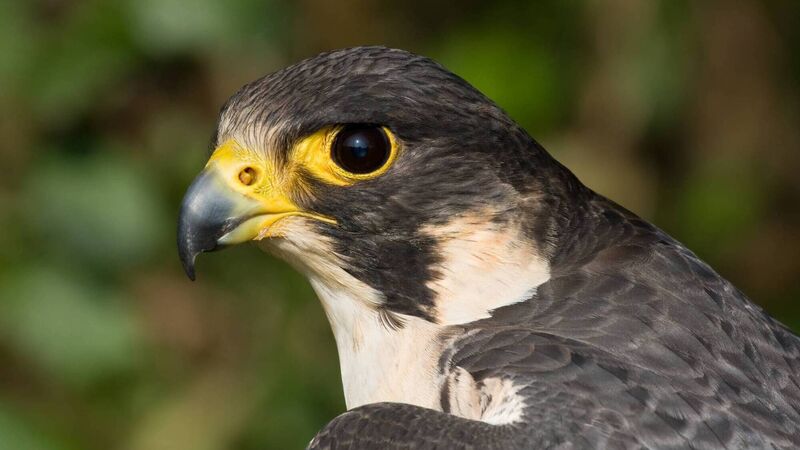Bird flu discovered in Peregrine Falcon in Limerick

Avian Flu has been discovered in a peregrine falcon in Co Limerick.
The Department of Agriculture, Food and the Marine confirmed the discovery over the weekend in the rare bird, of which there are only 425 estimated breeding pairs in Ireland.










